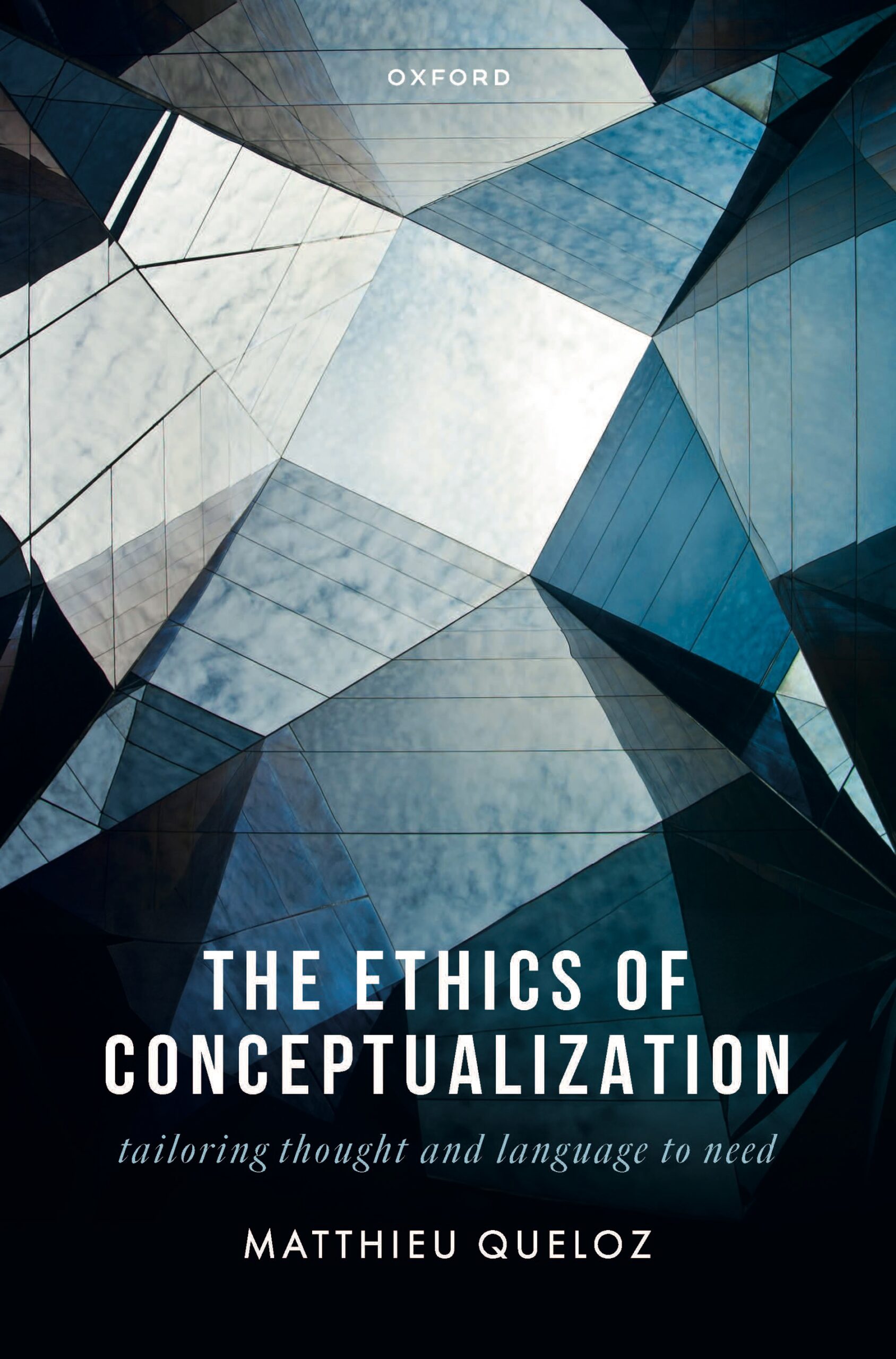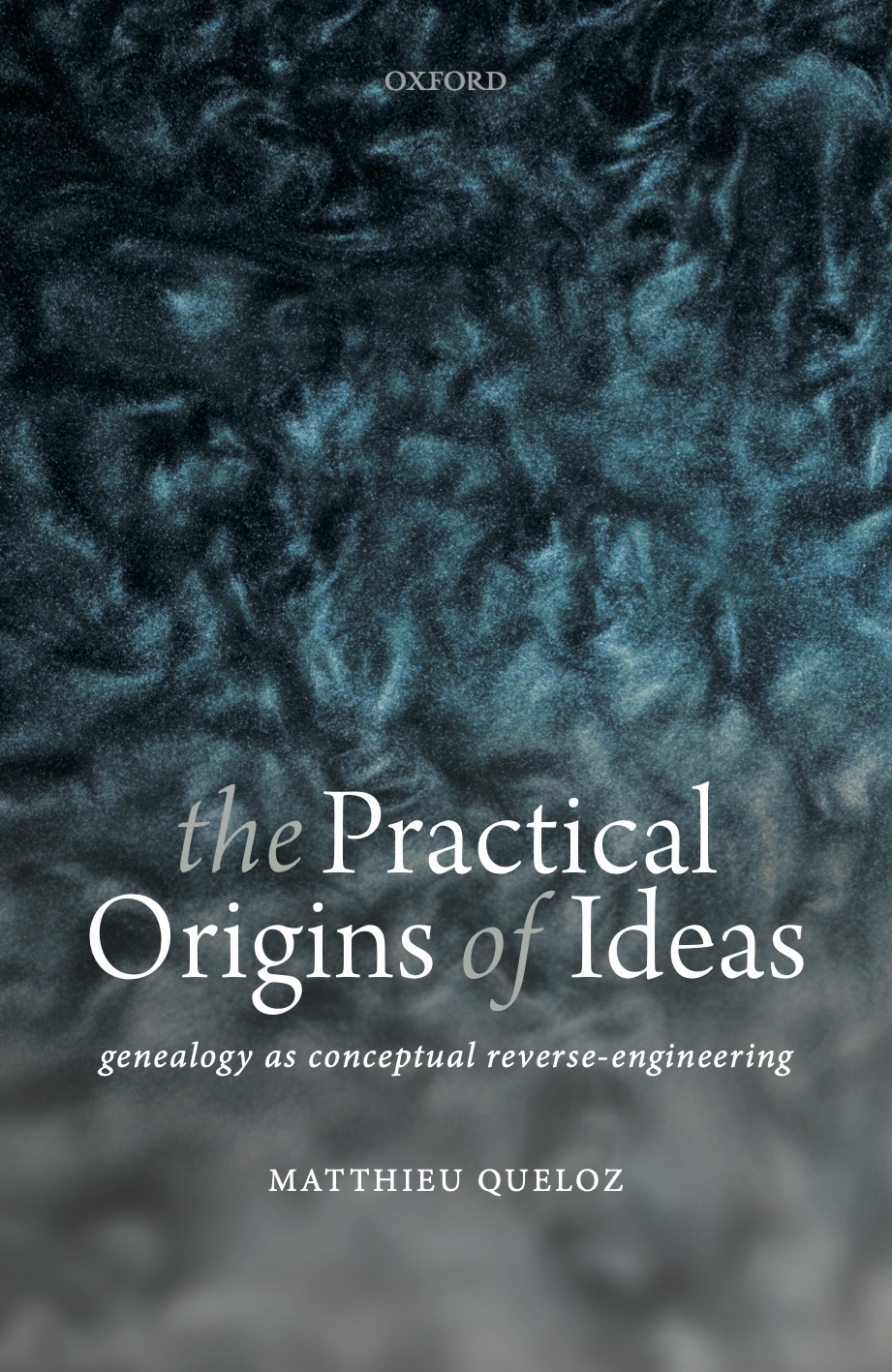The Ethics of Conceptualization
Tailoring Thought and Language to Need
Why should we accept one definition rather than another? The book develops a framework for judging concepts by the conceptual needs we uncover when we step back from them. It argues that sometimes, vague and even conflicting concepts are exactly what we need, and shows how to distinguish helpful clarification from conceptual gerrymandering.
Subject of the Bielefeld Masterclass in Philosophy 2024.
Cited as evidence before the UK Parliament (written evidence FDO0024).
“What are the grounds on which we should select the best concepts to use in representing our world and our psychology, in framing our ethical and political ideals? Queloz offers an incisive and comprehensive exploration of how this issue has been, and ought to be, answered ... a major contribution to a growing research program.”
“One of the most sophisticated and subtle book-length works … to come out within the last decade ... takes a step back and re-plots the logical terrain of its subject from a new perspective … also displays an incredible depth of knowledge across a wide variety of fields.”



